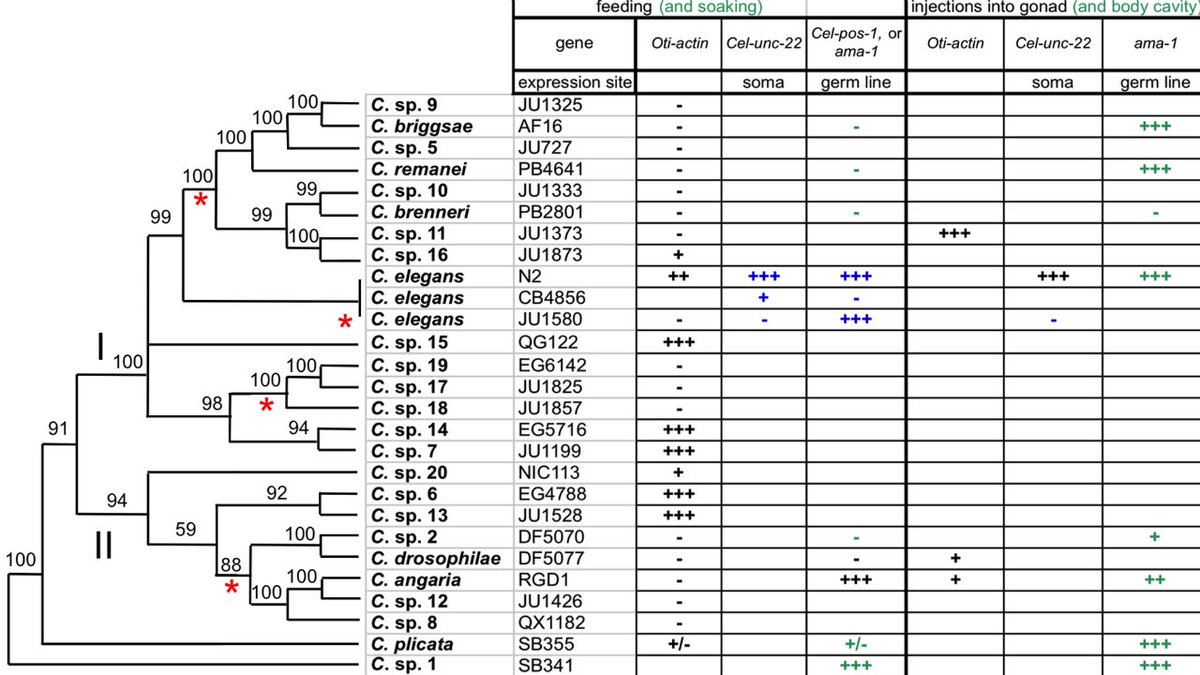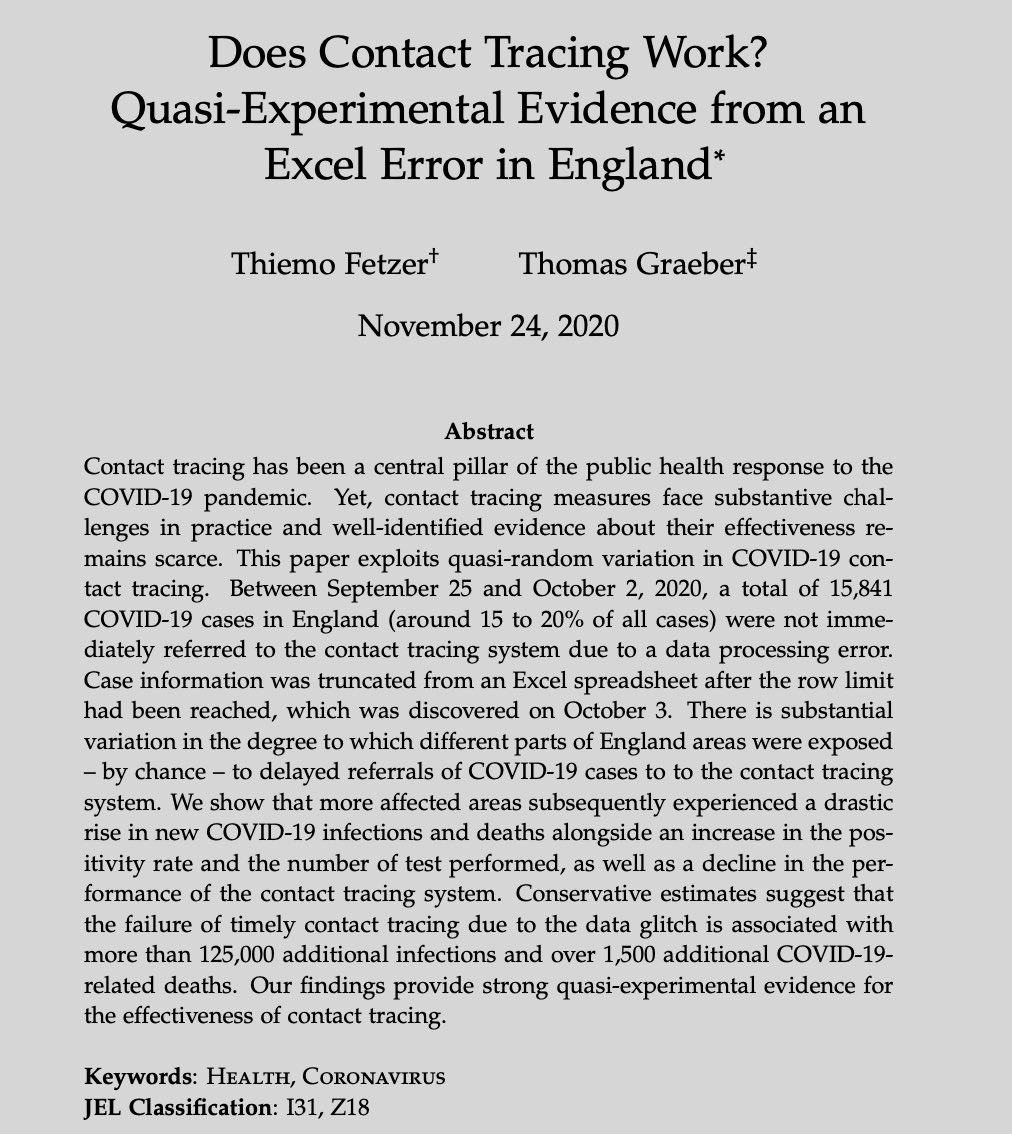
A tweet is about 1kb of memory*. All of the pictured things can store one tweet:
Two Babbage Analytical Engines
37 punch cards
A Russian woven electronic core memory module
This hard drive built inside Minecraft
*280 characters of up to 4 eight byte octets each in UTF-8.



Two Babbage Analytical Engines
37 punch cards
A Russian woven electronic core memory module
This hard drive built inside Minecraft
*280 characters of up to 4 eight byte octets each in UTF-8.




For reference, the Apollo Guidance Computer, which got humans to the moon, did so with an amount of memory equivalent to 8 tweets.
https://twitter.com/emollick/status/1340398272725311492
Scientists have also successfully built logic gates by using swarms of soldier crabs. It takes about 80 🦀 to operate a logic gate, and there are 8 logic gates in a byte, so 640,000 crabs can be used to store a single tweet. Which seems kind of horrifying. 🦀🦀🦀🦀🦀🦀🦀🦀 



So a typical crab swarm like the one below has 100M crabs. If the 🦀 were used to operate logic gates, that would store 156 tweets. Horrible, horrible tweets.
There also exists a tournament-legal deck of Magic the Gathering cards that turns any Magic game into a Turing Complete computer, capable of reading and writing data. In this case, you can encode a tweet with around 512 creature tokens (of 16 types). arxiv.org/pdf/1904.09828… 







Maybe the most efficient super weird encoding method so far: slime mold circuits! It would only take a 2.5 inch by 2.5 inch slime mold to hold a single tweet, and, as the paper concludes: they are "self-growing & self-repairing & can be incorporated into hybrid wetware" (shudder) 





• • •
Missing some Tweet in this thread? You can try to
force a refresh
















